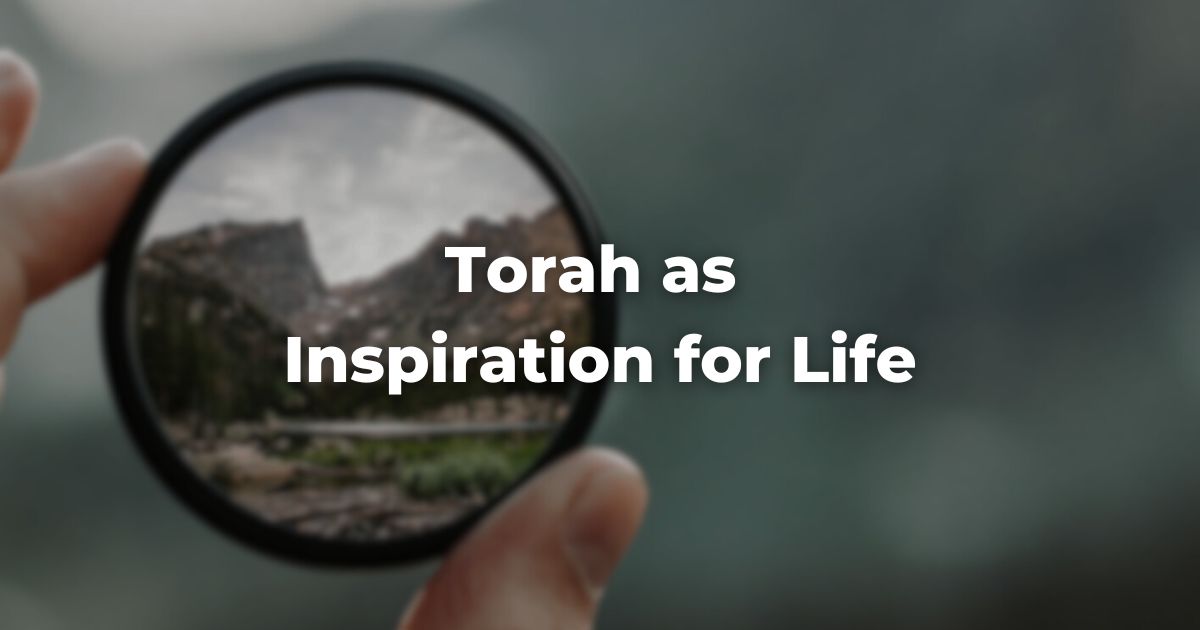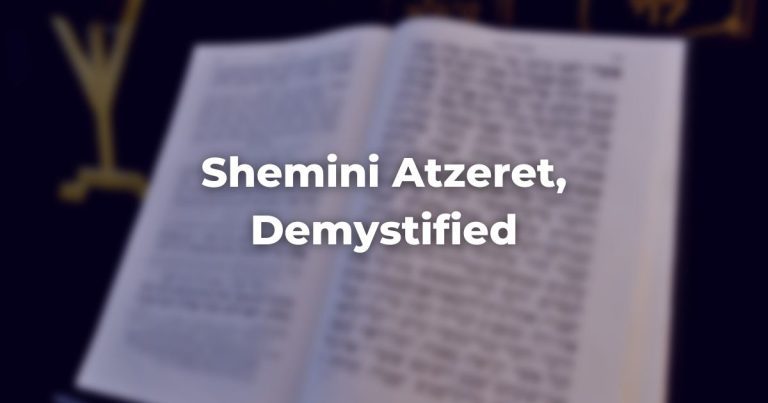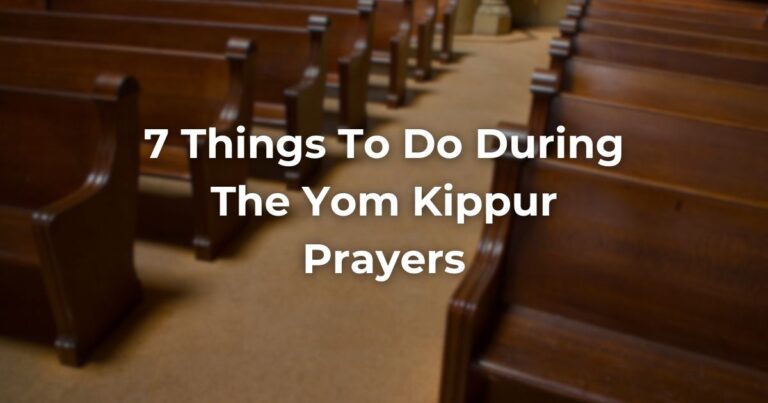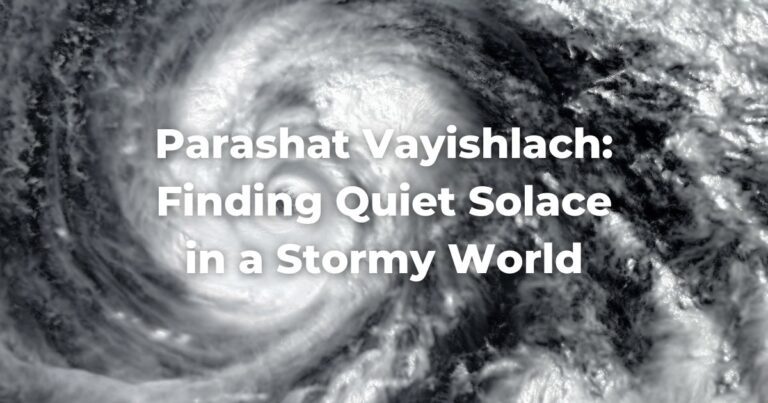When people hear the word TorahRefers to the first five books of the Hebrew Bible, the Tanakh, also called the Five Books of Moses, Pentateuch or the Hebrew equivalent, Humash. This is also called the Written Torah. The term may also refer to teachings that expound on Jewish tradition. Read more, they often think of commandments, rules, or ancient rituals. But to be honest, not all of us live by every mitzvah every day. Some feel distant from observance, and others are still figuring out what Jewish practice means to them.
But Torah is not only about what we do.
Torah is about who we are.
Torah is a source of spiritual and moral inspiration. It’s a wellspring of meaning that touches every part of life—not just in the synagogue, on holidays, or while observing Jewish rituals, but in how we make decisions, how we treat others, and what is the values system we live our lives according to.
You don’t have to observe every detail to let Torah shape your world. Even just learning a single verse or idea can open your heart and mind to something deeper.
Torah doesn’t demand perfection. It invites connection.
And that’s why Shavuot matters—because it’s not just about receiving commandments. It’s about receiving vision.
Torah is Relevant. Always.
The Torah isn’t stuck in the past. It’s a living tradition that has been interpreted and reinterpreted in every generation.
When our ancestors stood at Sinai, they heard God’s voice—not just with their ears, but with their souls. The MidrashThis word is used in two ways, as both a concept and a literature. As a concept, midrash is the expansive interpretation of biblical texts. The term is used to describe the practice of rabbinic interpretation. As a text, it refers to specific collections of interpretations, particularly from the third to ninth centuries in the Land of Israel and Babylonia. Plural: Midrashim
Read more (Shemot Rabbah 5:9) teaches that every person heard the voice of God in a way that matched their own strength, capacity, and experience. That means the Torah was never meant to be one-size-fits-all. It was meant to meet you exactly where you are.
Whether you’re navigating relationships, choosing a career path, struggling with mental health, or figuring out what kind of Jew you want to be, the Torah has something for you. It might not give you clear answers, but it always offers a deeper question, a new perspective, and a spark of sacred meaning.
In Pirkei Avot 6:1, Rabbi Meir teaches:
Anyone who engages in Torah study for its own sake merits many things; moreover, the entire world is worthwhile for their sake… It clothes them with humility and reverence, and equips them to be righteous, devout, upright, and trustworthy…
Learning Torah isn’t just about acquiring knowledge. It’s about cultivating a deeper, more intentional way of living.
Torah shapes how we see ourselves and others. It invites us to live with integrity, to pause before we speak, to act with compassion. It helps us notice the sacred in the ordinary—whether it’s a quiet morning, a moment of kindness, or a difficult choice made with courage.
Torah doesn’t just give us laws. Torah speaks the language of the soul, and it’s a language worth learning.
You Don’t Have to Be a Rabbi to Learn Torah
Some people think Torah is only for rabbis, scholars, or people who are already religious. But Jewish tradition says otherwise. The Torah (Deuteronomy 11:19) teaches: “You shall teach them to your children.” Learning Torah is for everyone. It’s a lifelong process, not a checklist.
You don’t need to have all the answers. You just need to be open to the questions.
Shavuot and learning Torah
At Mount Sinai, the people of Israel said na’aseh v’nishma—“We will do, and we will listen” (Exodus 24:7). It was a bold act of trust.
They committed to the journey even before they understood the whole path. First, they said, “I do,” and only then did they listen to what they were obligated to.
This Shavuot, you’re invited to do the same. Say yes to learning something ancient and new. Yes to finding your voice in a tradition that has room for all voices. Yes to making your life deeper, richer, meaningful, and more connected.
Author
-
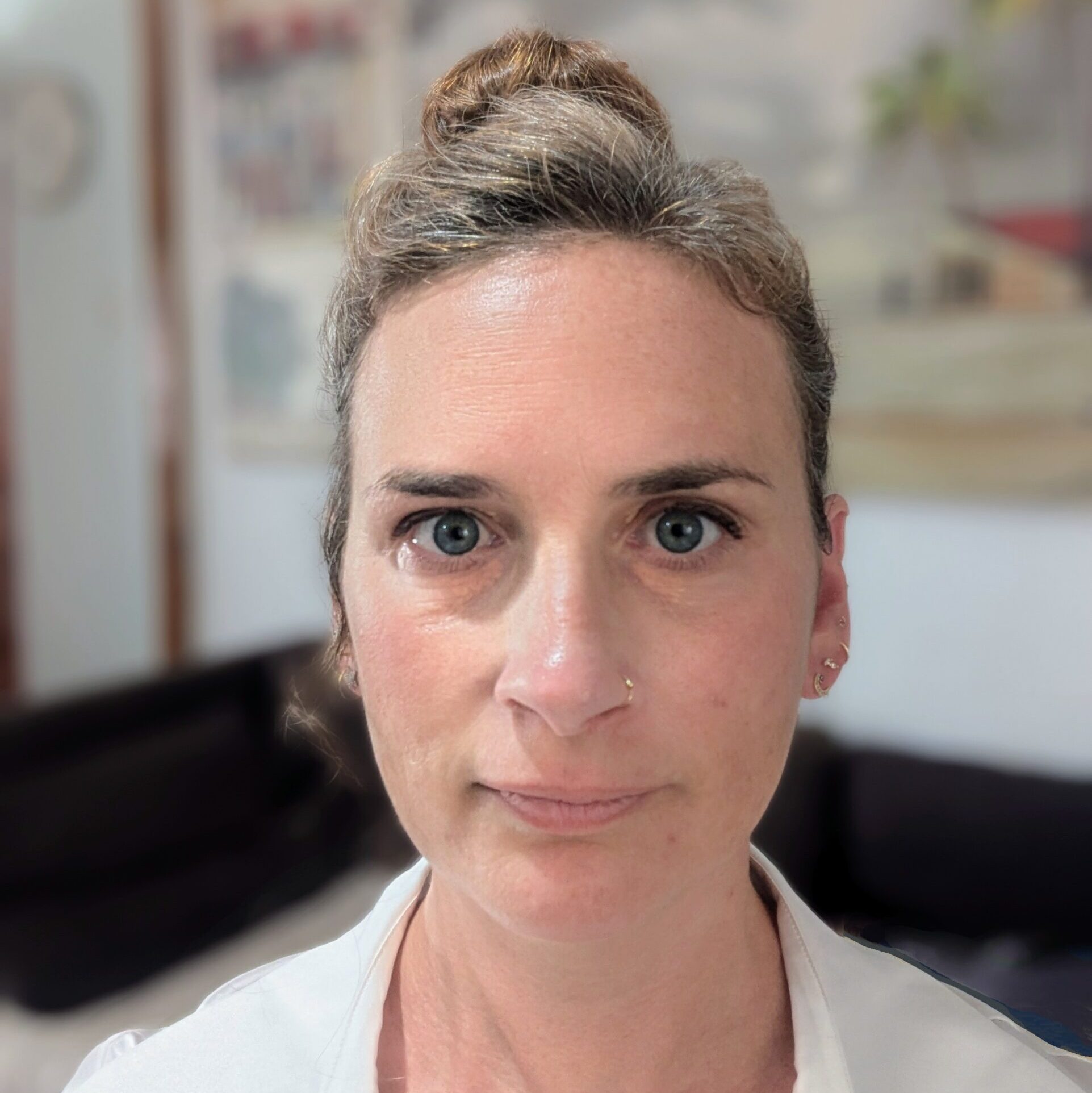
Tsvia Weisberger is a second year rabbinical student at the Shechter Institute for Rabbinic Training in Jerusalem. She was a fellow in the first cohort of the Exploring Judaism's Writer's Fellowship. Tsvia has a BA in Bible and Jewish studies and a MA in Jewish education from the Hebrew University. She is also a teacher and educator at the Jerusalem Academy of Music and Dance high school and in other settings.
View all posts


